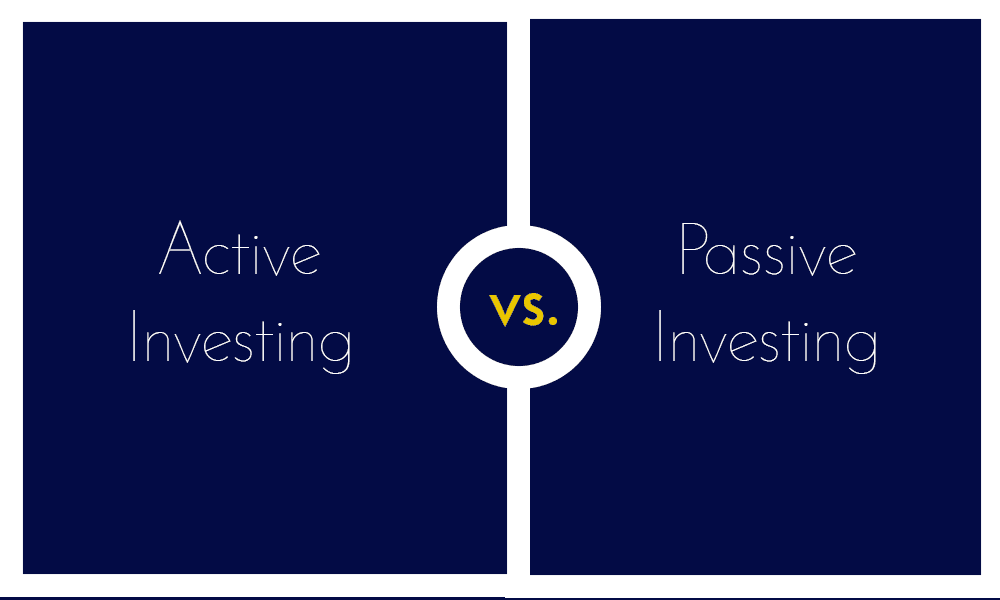How To Invest In Mutual Funds?

A Beginner’s Guide How To Invest in Mutual Funds: All You Need to Know.
Mutual fund investing might be a wise financial move for those seeking to accumulate money over time. However, it’s crucial to understand exactly what mutual funds are and what factors to take into account before investing in them. The fundamentals of mutual fund investing will be covered in this article, along with information on what you should know before investing, how to choose the best mutual fund for your needs, and the various fees involved. We’ll also discuss the advantages and disadvantages of investing in mutual funds, as well as some dos and don’ts to assist you in navigating the process.
Understand the fundamentals of mutual funds and equip yourself with the essential knowledge before investing by learning How To Invest In Mutual Funds.
An investment instrument known as a mutual fund collects money from many different individuals and invests it in a diverse portfolio of stocks, bonds, and other securities. A qualified fund manager oversees each mutual fund, using the pooled money to buy a selection of investments that meet the fund’s investment goals.
It’s crucial to understand your investment objectives and risk tolerance before investing in a mutual fund. This will assist you in choosing the type of mutual fund and investment amount that would best meet your needs. You should also take into account aspects like the fund’s investment objectives, past performance, and fees and expenditures because they can all have a big impact on your long-term investing returns.
How to Choose the Correct Mutual Fund to Achieve Your Investment Objectives?
There are a number of crucial elements to take into account when choosing a mutual fund. As many funds have various investing objectives, you need first decide what you want to invest in. For instance, although some funds are focused on the capital appreciation and may carry a higher level of risk, others are meant to offer reliable, regular returns.
The performance of the fund, including its past returns and risk profile, should be taken into account next. This information is available online or in the prospectus for a mutual fund. You should also take into account the investing strategy of the fund management, as well as the fund’s investment philosophy and risk tolerance.
The mutual fund’s fees and expenses should also be taken into account since they have a lasting impact on your investment returns. While some mutual funds charge significant load or management costs, others charge negligible or no fees at all. Before investing, it is crucial to comprehend the costs related to a fund because doing so will enable you to calculate the whole expense of doing so.
What Kinds of Fees Are Involved with Investing in Mutual Funds?
You could incur a number of costs and fees when investing in a mutual fund. These could consist of administration costs, load costs, and operating costs. The money the fund manager charges for managing the fund and choosing investments is known as management fees. These expenses are often subtracted from the fund’s returns as a proportion of its total assets.
Fees assessed by the fund to buy or sell shares of the fund are known as load fees. Both front-end and back-end load costs may be assessed when you buy or sell shares. Front-end load fees are assessed when you buy shares. Operating expenditures, which include trading charges, accounting costs, and legal fees, are additional costs related to running the mutual fund. The returns on your investments may be impacted over time by these fees, which are normally subtracted from the fund’s returns.
The Benefits & Drawbacks of Investing in a Mutual Fund.
Diversification, expert management, and the possibility to invest with modest capital in a wide range of assets are just a few advantages of investing in mutual funds. In addition, compared to buying individual equities, mutual funds can provide more practical and effective investment possibilities. Conversely, mutual funds have disadvantages as well, such as greater fees and expenses as compared to alternative investment options and the fact that the fund’s performance is vulnerable to market risk. Mutual funds may also be less open about the precise assets they own and the management techniques they use. Before deciding whether investing in a mutual fund is the correct choice for you, as with any investment, it’s crucial to thoroughly examine the benefits and drawbacks.
Stay updated and connected with us! Follow us on Facebook for more information and news.
Start your financial journey today! Learn how to invest in fixed investments and secure your future.




